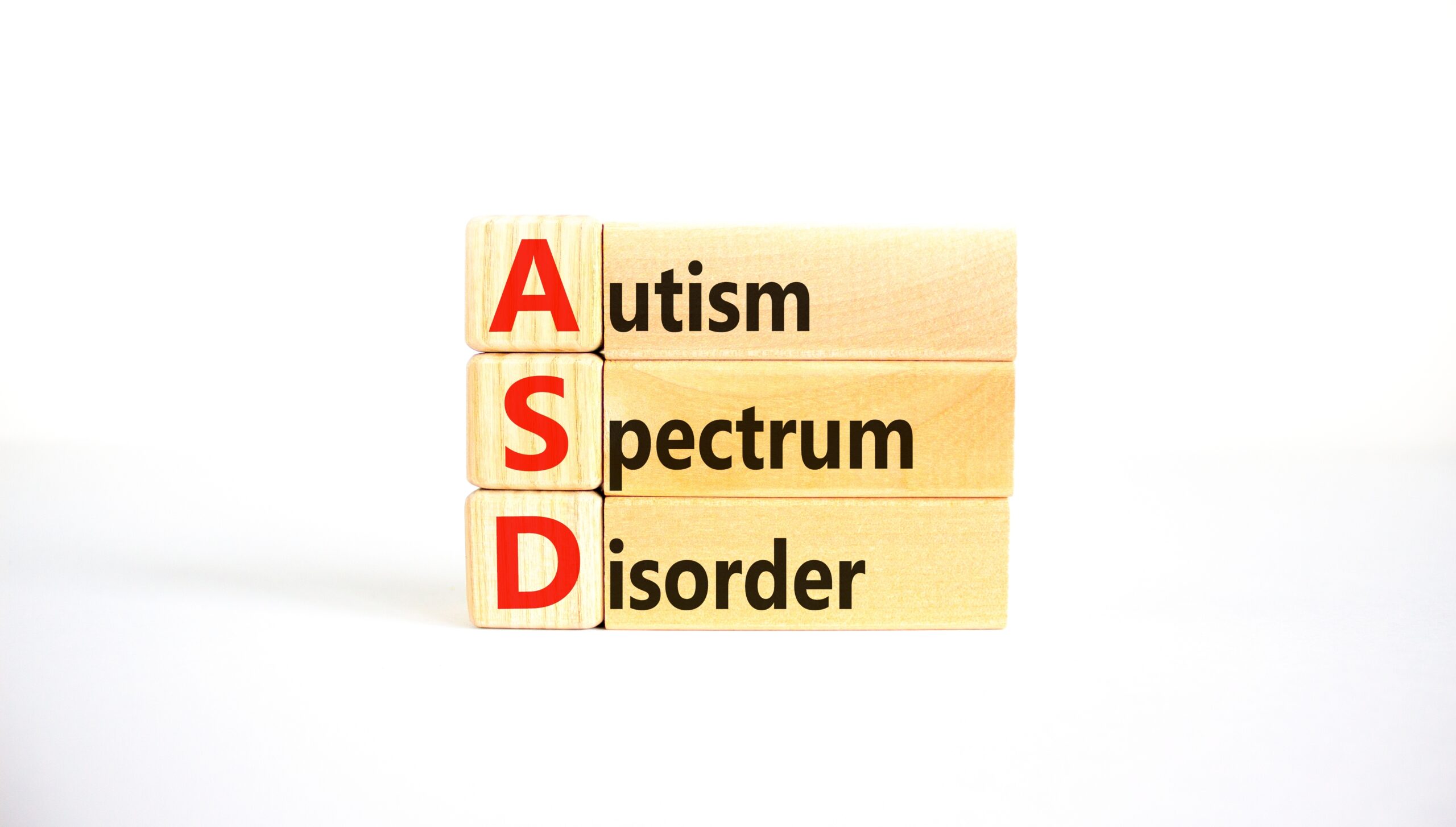Could a simple vitamin deficiency be at the root of your persistent low mood?
Story Overview
- Vitamin D deficiency is increasingly linked to depression.
- Research highlights the biological mechanisms connecting vitamin D to brain health.
- Public health significance due to widespread vitamin D deficiency.
- Ongoing debate about causality and potential treatment implications.
The Connection Between Vitamin D and Depression
The notion that vitamin D deficiency could influence mood disorders, including depression, is gaining traction within the scientific community. Vitamin D, often called the “sunshine vitamin,” is crucial for various bodily functions beyond bone health. Researchers have discovered vitamin D receptors in brain tissue, indicating its potential role in neuroprotection and neurotransmitter regulation. These findings have sparked a wave of studies exploring how low levels of this vitamin might contribute to depressive symptoms, especially in populations with limited sun exposure or dietary restrictions.
Recent meta-analyses and systematic reviews provide strong evidence of an association between vitamin D deficiency and depression, though the exact nature of this relationship remains under investigation. Some studies suggest that individuals with low vitamin D levels are more likely to experience depressive symptoms, highlighting the need for further research to establish causality. The potential for vitamin D supplementation as a preventive or adjunctive treatment for depression is a promising avenue worth exploring.
Implications for Mental Health and Treatment
Healthcare providers increasingly recognize the importance of considering nutritional status in mental health assessments. Screening for vitamin D deficiency, particularly in at-risk populations such as those with depressive symptoms, may become more commonplace. While some guidelines now recommend evaluating vitamin D levels as part of comprehensive mental health care, routine supplementation specifically for depression is not yet universally endorsed. The complexity of depression, with its multifactorial origins, necessitates a holistic approach that includes biological, psychological, and social factors.
The public health implications of addressing vitamin D deficiency are significant. With a large portion of the global population at risk due to lifestyle changes and limited sun exposure, public health campaigns could emphasize the importance of adequate vitamin D levels for mood regulation. This shift could lead to increased demand for vitamin D testing and supplements, potentially transforming mental health care models to incorporate nutritional interventions.
Expert Perspectives and Ongoing Research
Experts in psychiatry and neuroscience acknowledge the biological plausibility of vitamin D’s role in mood regulation. The vitamin’s effects on neuroinflammation, serotonin synthesis, and brain plasticity provide a compelling basis for its potential influence on mental health. However, the association between vitamin D deficiency and depression, while strong, does not yet establish a causal relationship. More randomized controlled trials are needed to clarify whether vitamin D supplementation can effectively prevent or treat depression.
The current body of evidence includes some conflicting findings, often due to differences in study design, population, and methods of measuring vitamin D levels. Nonetheless, the consensus among researchers is that the link between vitamin D and depression is an important area for further exploration. While supplementation should not replace standard treatments for depression, it may serve as a valuable adjunctive therapy, particularly for individuals with confirmed deficiencies.
Sources:








